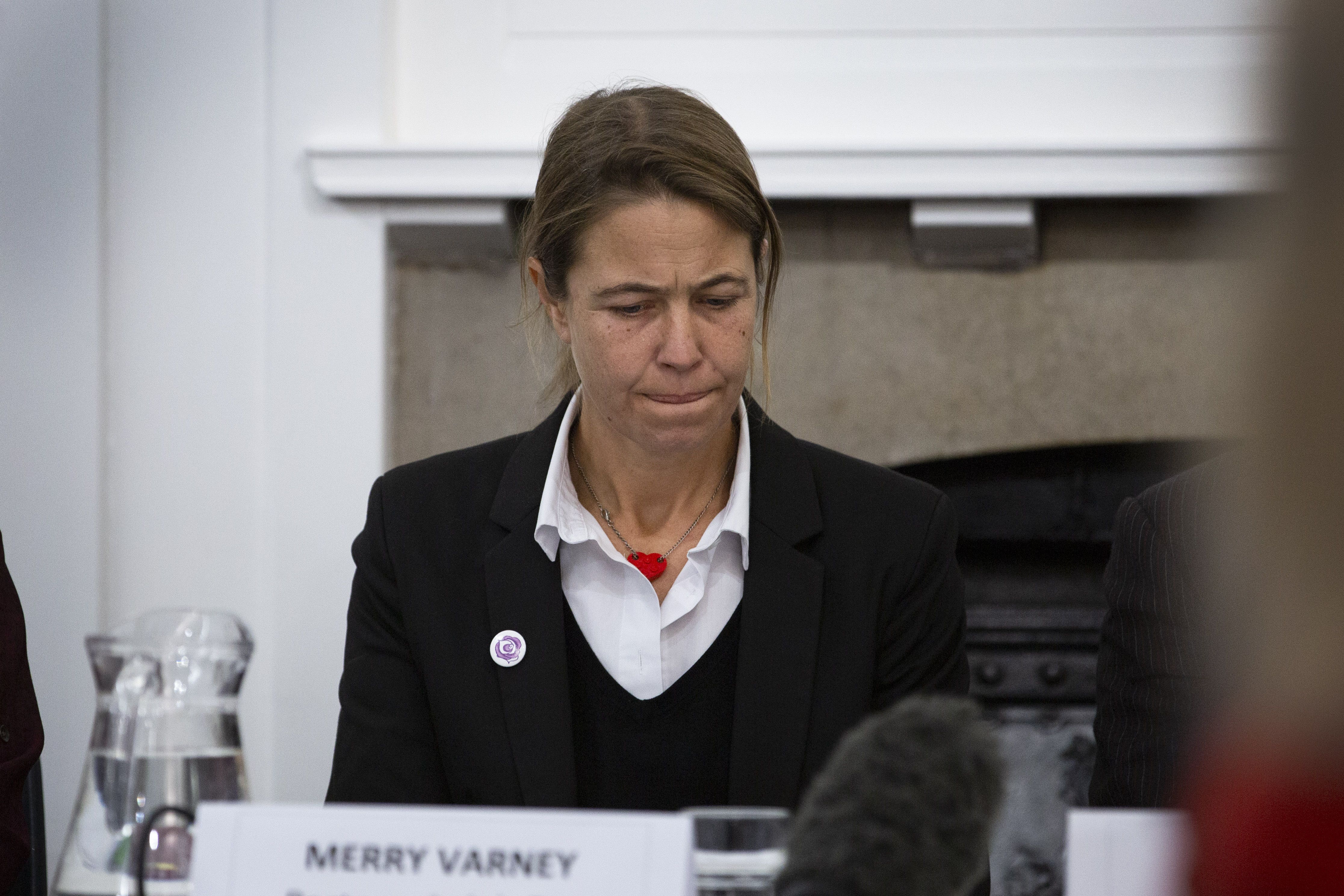Russell family lawyer says after landmark ruling some inquests not done properly
Merry Varney, from Leigh Day solicitors, said not all bereaved relatives have had the chance to seek answers.

Your support helps us to tell the story
From reproductive rights to climate change to Big Tech, The Independent is on the ground when the story is developing. Whether it's investigating the financials of Elon Musk's pro-Trump PAC or producing our latest documentary, 'The A Word', which shines a light on the American women fighting for reproductive rights, we know how important it is to parse out the facts from the messaging.
At such a critical moment in US history, we need reporters on the ground. Your donation allows us to keep sending journalists to speak to both sides of the story.
The Independent is trusted by Americans across the entire political spectrum. And unlike many other quality news outlets, we choose not to lock Americans out of our reporting and analysis with paywalls. We believe quality journalism should be available to everyone, paid for by those who can afford it.
Your support makes all the difference.The lawyer for Molly Russell’s family said some past inquests were not “done properly”.
Speaking after a landmark ruling in which a coroner ruled social media contributed to 14-year-old Molly’s death, Merry Varney from Leigh Day solicitors said not all bereaved relatives have had the chance to seek answers.
In the ruling, delivered at North London Coroner’s Court on Friday and described as the first of its kind, senior coroner Andrew Walker said the schoolgirl died while suffering the “negative effects of online content”.
At a press conference in Barnet afterwards, Ms Varney said: “I mentioned that this was a coroner’s investigation done properly. Not all coroner’s investigations are done properly and not all bereaved families have the chance to seek answers.
“When you say, ‘Is this going to happen again and will this change things?’ I hope so.
“I hope other coroners, other lawyers, other families understand what can be achieved and should be achieved when you’re looking at how somebody came about their death.”
She said she hopes Instagram owner Meta, one of the interested parties in the case, follows through after offering to meet with the Molly Rose Foundation and that bosses “listen very carefully and have some humility”.
Andy Burrows, head of child safety online policy at the NSPCC, said tech giants “allowed” and even “encouraged” Molly to view the material that contributed to her death.
The way platforms such as Instagram operated – through the use of algorithms – often resulted in the youngster being exposed to content she had not requested to see, the coroner found.
Mr Burrows said: “This is social media’s big tobacco moment. For the first time globally, it has been ruled content a child was allowed and even encouraged to see by tech companies contributed to their death.
“The world will be watching their response.”
A Meta spokeswoman said the company is “committed to ensuring that Instagram is a positive experience for everyone, particularly teenagers” and will “carefully consider” the coroner’s full report.